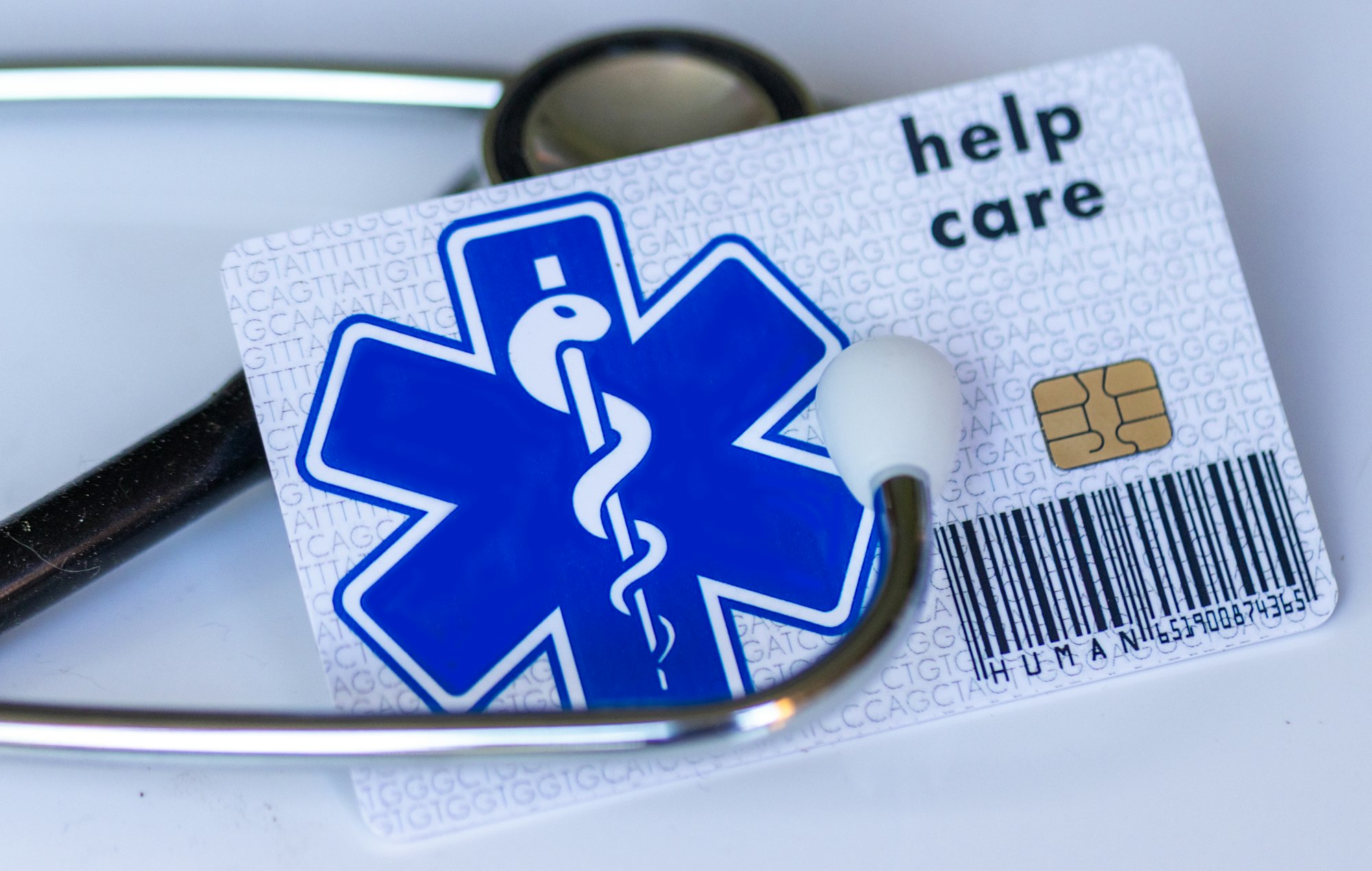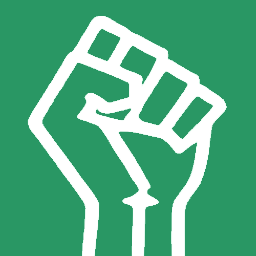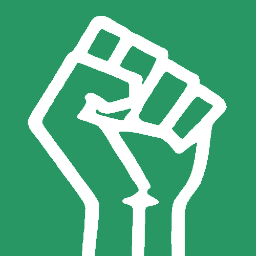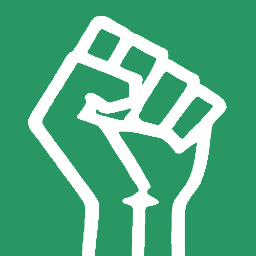The Emotional Toll of Health Insurance Denials

Receiving a health insurance claim denial can feel like a punch to the gut. Beyond the immediate financial implications and the logistical nightmare of paperwork, there's a profound emotional toll that often goes unacknowledged. At Counterforce Health, we understand this deeply because our mission was born from the personal experience of battling denials during the "darkest times" of a loved one's illness.
While our AI-powered tools are designed to make the appeal process easier and more successful—with over 50% of Counterforce Health-assisted appeals getting approved—we know that the journey itself can be incredibly taxing. It's not just about the money; it's about the fear, frustration, and anxiety that can overwhelm patients and their caregivers.
It's Okay to Not Be Okay
If you've received a denial, it's normal to feel a whirlwind of emotions: confusion, frustration, panic, anger, and even despair.You might feel ignored, unheard, or like the system is rigged against you. These feelings are valid. You're not alone; millions of Americans face denied claims annually, with 99% of them not appealing largely due to the "stress surrounding the current appeal process".
Research indicates that changes in health insurance status can significantly impact psychological distress.Individuals with public or no coverage often report higher levels of distress compared to those with private insurance, and experiencing a recent change in coverage status (within the last year) is associated with even higher levels of psychological distress.This highlights that the disruption and uncertainty caused by insurance issues, including denials, can profoundly affect mental well-being.

The Stress Cycle of Denials
The battle against a denied claim can quickly become a stress cycle, impacting not only your finances but also your mental and physical health:
- Financial Uncertainty: The fear of unexpected medical bills can be paralyzing, especially for those already managing chronic conditions or severe illnesses.This financial strain can lead to significant anxiety and depression, exacerbating existing health issues.
- The Bureaucratic Maze: Navigating complex insurance jargon, endless phone calls, and mountains of paperwork can feel like a full-time job, diverting energy from healing or caregiving. The sheer volume of information and the need to meticulously document every interaction can be overwhelming.
- Fear of Not Receiving Care: The most profound fear is often that you or your loved one won't receive the necessary, life-saving treatment because an insurance company said "no." This can lead to feelings of helplessness and a loss of control over one's health journey.
This constant pressure can lead to significant mental health challenges, including anxiety, depression, and burnout. Caregivers, in particular, are "increasingly stressed" and often face higher healthcare costs themselves due to the burden of caregiving.Studies show that caregiver stress is directly linked to increased rates of depression, diabetes, hypertension, and pulmonary disease.The financial impact on caregivers is also substantial, with lost income estimated at $522 billion annually due to caregiving responsibilities.

Strategies for Coping
While fighting the denial, it's crucial to also fight for your mental well-being. Your resilience is key to navigating this challenging period.
- Acknowledge Your Feelings: Don't suppress your emotions. Allow yourself to feel frustrated, angry, or sad. Recognizing and validating these feelings is the first step toward managing them.
- Break It Down: The appeal process can seem overwhelming. Break it into smaller, manageable steps. Focus on one task at a time, whether it's gathering a single document or making one phone call. This approach makes the process less daunting.
- Set Boundaries: It's easy to let the fight consume you. Set specific times each day or week for working on the appeal and dedicate other times to self-care, hobbies, or spending time with loved ones. Protecting your personal time is essential for preventing burnout.
- Celebrate Small Wins: Every step forward, no matter how small—a successful phone call, gathering a document, drafting a part of the appeal letter—is a victory. Acknowledging these small successes can provide much-needed motivation and a sense of progress.
- Lean on Technology: Tools like Counterforce Health are designed to reduce the burden. Our AI can draft comprehensive appeal letters in minutes, trained on a deep dataset of successful insurance appeals, understanding the loopholes insurers use and the language that works. This saves you hours of stressful work and allows you to focus on what truly matters: your health and your family. The ability to generate multiple appeals in one day can significantly reduce the administrative load on patients and even physicians.

Seeking Professional and Community Support
You don't have to go through this alone. There are numerous resources available to help you cope with the emotional impact of healthcare challenges.
- Mental Health Professionals: Consider speaking with a therapist or counselor who can provide coping strategies and emotional support during this challenging time. Your primary care provider can often perform an initial mental health screening and refer you to a mental health professional like a social worker, psychologist, or psychiatrist.
- Resources: The Substance Abuse and Mental Health Services Administration (SAMHSA) offers an Evidence-Based Practices Resource Centerand a helpline/online locator for mental health services.The National Institute of Mental Health (NIMH) also provides expert-reviewed information on mental disorders and resources for finding help.
- Crisis Support: If you are in immediate emotional distress or experiencing suicidal thoughts, please reach out for help.
- 988 Suicide & Crisis Lifeline: Call or text 988 or chat online to connect with a trained crisis counselor. This service provides 24-hour, confidential support.
- Veterans Crisis Line: If you are a veteran, call 988 and press "1," text 838255, or chat online for 24-hour, confidential support.
- Disaster Distress Helpline: Call or text 1-800-985-5990 for immediate crisis counseling related to any natural or human-caused disaster.
- Support Groups and Patient Advocacy Organizations: Connecting with others who have faced similar battles can provide immense comfort and practical advice. Look for patient advocacy groups or condition-specific forums. Patient advocates play a crucial role in supporting and empowering patients to navigate the complex healthcare system, ensuring they receive the best possible care and treatment.They can help simplify complex terminology, improve communication with providers, and safeguard your rights.
- Caregiver Support: If you are a caregiver, seek out resources specifically for you. Your well-being is just as important. Family care support can reduce healthcare costs and improve caregiver well-being by addressing the physical and emotional symptoms that weaken caregiver health. 1 Organizations like AARP and the Administration for Community Living (ACL) offer resources and strategies to support family caregivers. 2
The Immense Relief of Approval
When a claim is finally approved, the relief is immense. It's a moment when the burden lifts, and you can finally shift your focus back to healing and living. This is the outcome we strive for at Counterforce Health. Our "people-first approach" means we're not just fighting paperwork; we're fighting for your peace of mind and the ability to focus on what truly matters.
Remember, you are resilient, and there are resources available to help you through this. By acknowledging the emotional toll and actively seeking support, you can navigate the challenges of healthcare denials with greater strength and focus on your path to recovery.
Read More:










